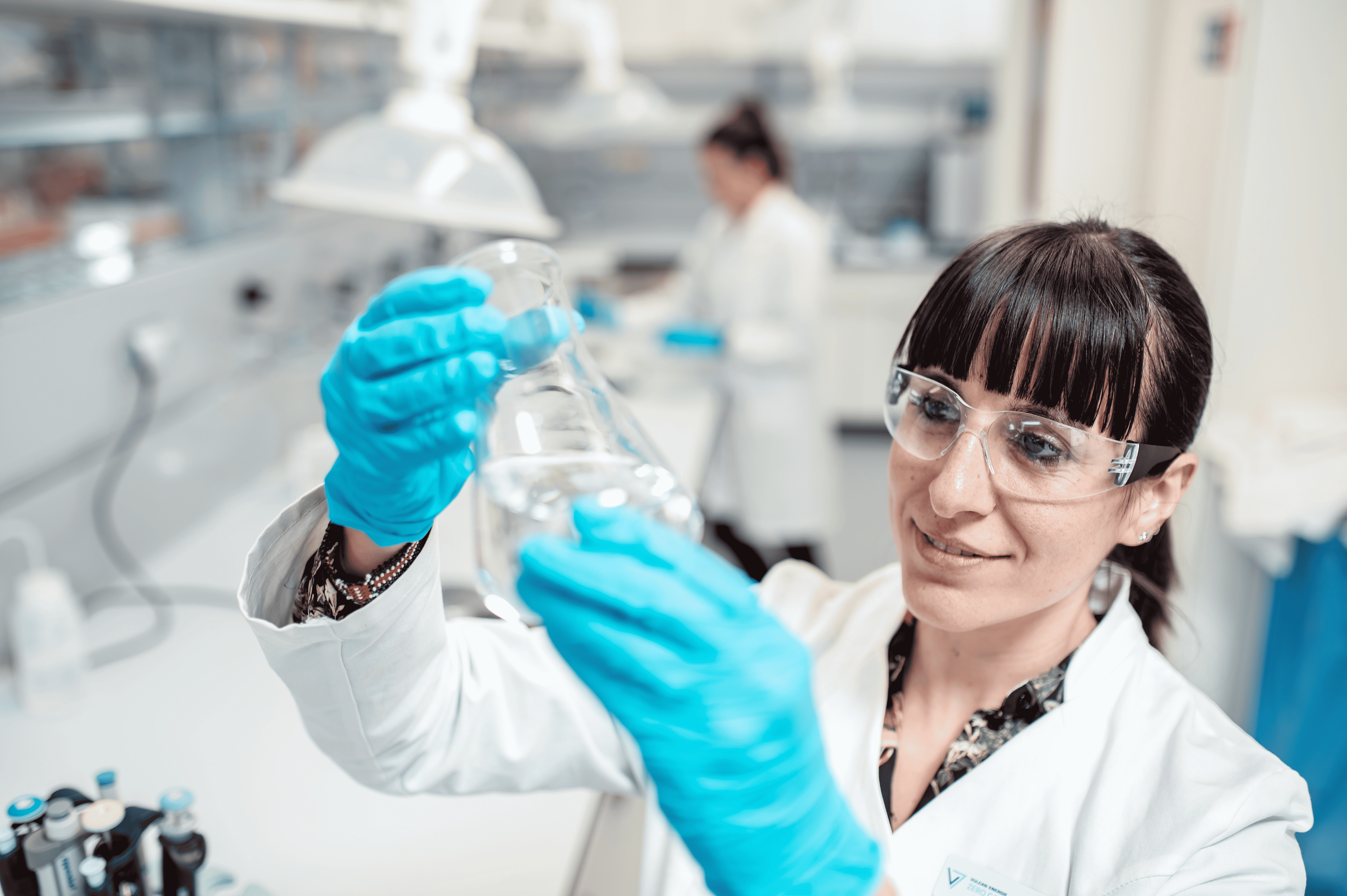
The battle for lithium, a crucial but not unlimited raw material for battery production, is fierce and makes people inventive. Currently, Europe is very dependent on imports from, for example, Chile and Australia. To reduce geopolitical dependence on imports and meet growing demand, the EU is exploring alternative sources of lithium within its borders. One potential source of lithium that is now being fully explored is water pumped for geothermal heat from aquifers (reservoirs) at depths of 500 meters or more.
Why you need to know
Lithium is part of the global race for rare resources. Europe wants to reduce dependence on imports but is not yet succeeding very well. Hence, every new opportunity for strategic independence is seized with both hands.
A number of geothermal drillings in Europe have revealed significant amounts of lithium. Because the technology to extract lithium from water is also developing rapidly, the Dutch Ministry of Economic Affairs and Climate commissioned a field study. In conclusion, lithium concentrations in Dutch geothermal water are relatively low compared to projects in other European countries such as Germany and France. The cost of the lithium extraction process approaches the current market price, posing economic challenges.
However, the researchers conclude that technological developments may improve future feasibility. In addition, there may be other opportunities: it could pay to measure concentrations of other valuable and critical minerals, such as rare earths. These minerals could strengthen the business case but were not examined in this study.
Salt lakes and ore
Lithium is typically extracted from (underground) salt lakes or ore via evaporation processes. In general, this is costly, energy-intensive, and requires a lot of water to extract the lithium. In recent years, a new technique has also been applied on an industrial scale in several projects in South America and China. This direct lithium extraction technology is an alternative to evaporation processes with the major advantage of reducing water consumption and energy use.
This relatively new technology can also be used in geothermal heat plants if sufficient lithium is present in the geothermal water. Here, the lithium is removed from the geothermal water with high selectivity, and the water – without the removed lithium – can be injected back into the reservoir. In some projects in Europe and the United States, this process is already being carried out on a pilot scale. It allows geothermal drilling to serve as a heat source as well as for lithium extraction.
The Dutch study, conducted by Witteveen+Bos Raadgevende Ingenieurs, also highlights the ecological and legal aspects of lithium extraction from geothermal heat water, concluding that environmental impact is limited and lithium extraction falls under the Mining Act. The researchers recommend further analysis of both ecological and legal issues.








